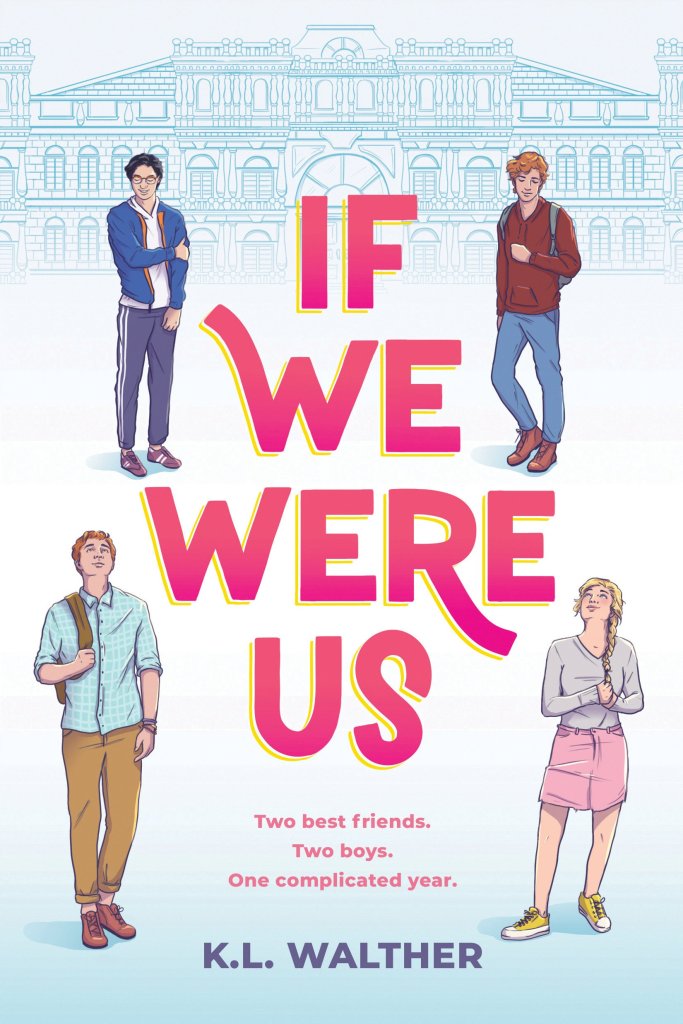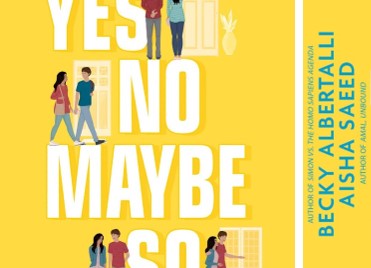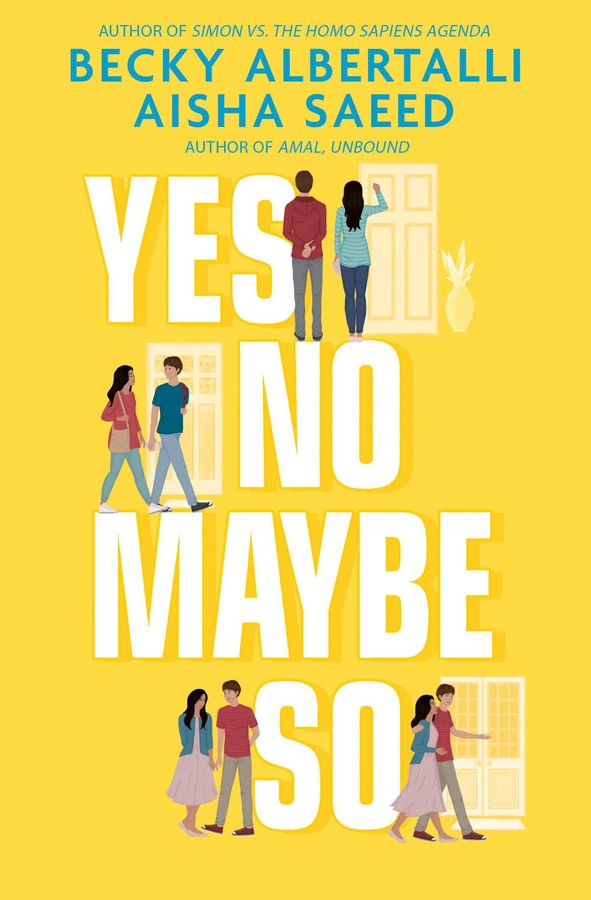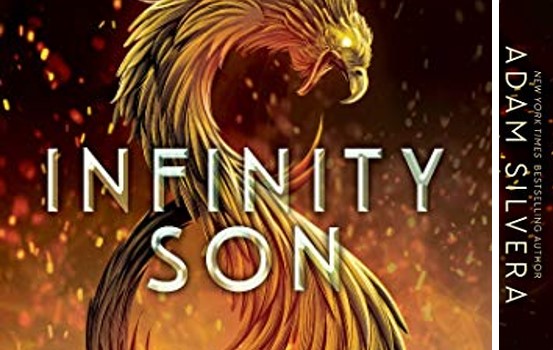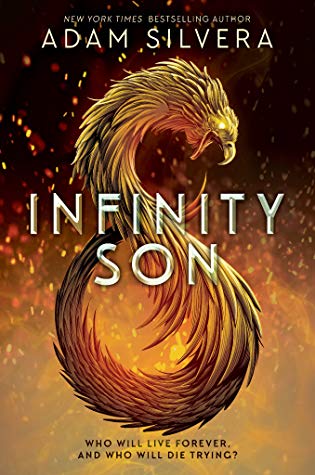You Have a Match by Emma Lord
Published by: Wednesday Books
Released on: January 12 2021 (In the US), March (in AUS)
ISBN: 9781250237309
Read: 4 – 7 January 2021

This is Emma Lord’s second novel. I didn’t read Tweet Cute, but would often see positive and complementary reviews of it crossing my Goodreads updates.
You Have a Match didn’t disappoint. It is my favourite kind of contemporary young adult novel, with a complicated plot, interweaving many layers and themes, while still maintaining a witty romantic tone. The central focus sees main character Abby discover she has a secret full-blooded sister 18 months older. Adjacent to that is her seemingly unrequited crush on her best friend Leo, and a drop in her academic results, partly due to the grief of losing her grandfather, someone who saw her, and listened to her and encouraged her passion for photography.
When new sister Savannah appears as someone put together and totally in charge, Abby’s self-confidence dips even further. Her parents, usually too busy dealing with her three younger rambunctious brothers, have turned their focus on her grades, and she feels much pressure to excel, and its this stress and uncertainty about her future that prompts her to keep Savvy a secret a bit longer and head off on summer camp, pretending she is going to be studying for SATs when in reality, it’s a chance to try to explore her relationship with Savvy and the circumstances of their situation.
Look, there were times when Abby made poor choices of which I was not a fan. Camp brings with it many surprises, one of these being Leo, (a budding chef), and a chance to work on that friendship and hopefully develop it into something more. But of course, miscommunication is the key here, and they spend a lot of time not talking, which is a pity, but which also builds the tension. Another camper, Finn enables Abby’s impulsive tendencies and this in turn jeopardises Abby’s friendship with Savannah. As I say, it’s complicated and (my other favourite word) messy. There’s a lot more that could be said about other characters like Connie and Victoria, the wonders of social media, and the gorgeous dog, but I think I will leave you to discover them for yourselves.
The drama builds, as we speculate on Savvy’s adoption, secrets are revealed, and insights gained. I immersed myself completely in Abby’s voice and sympathized with her, while also holding her accountable for her actions. Towards the end, it becomes a lot more about their parents, which is definitely an important contribution to the story. There’s fun to be had while Abby discovers things about herself and how she relates to others, and I am pleased to report the resolutions are satisfying and tie up most loose ends nicely.
Thanks to Wednesday Books and Netgalley for an advanced copy. Highly recommended to fans of Emery Lord, Jenn Bennett and Sarah Dessen. It’s modern, twisty and inclusive. Savvy’s gay status doesn’t even raise an eyebrow. I am so glad Australia audiences will have easy access by March.
You Have a Match is available now in the US.



